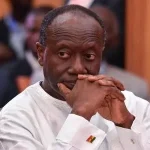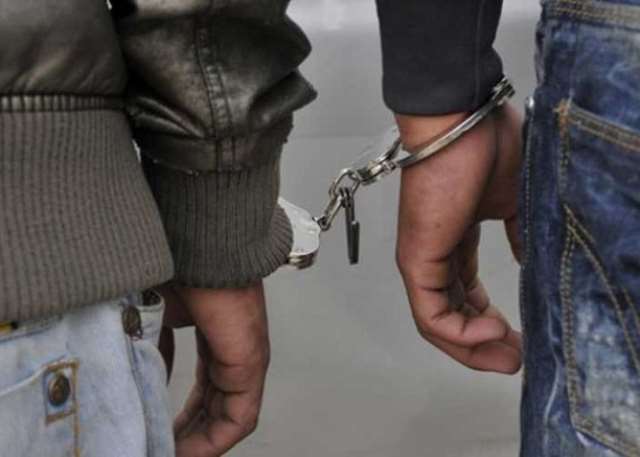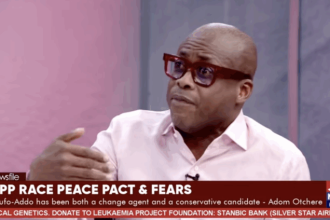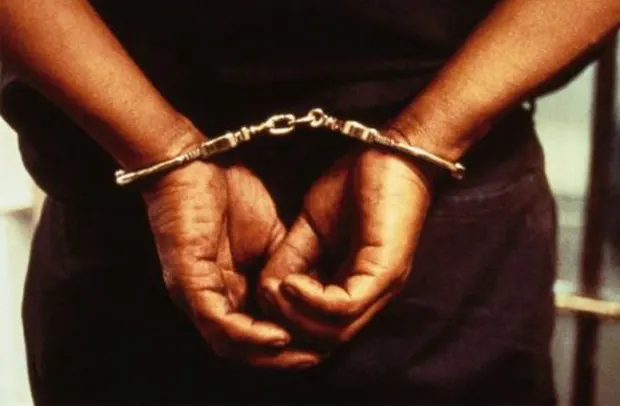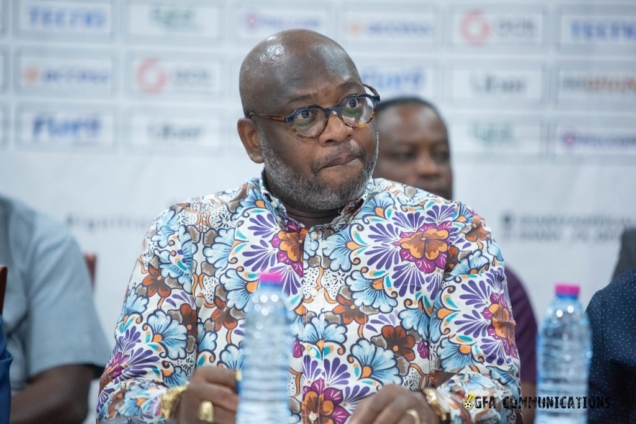Pockets of blatant intransigence and violent attacks aimed at regular security forces highlight a shaky peace in Ghana. The accolades showered on Ghana pointing to her as a beacon of democracy and peace in the West African Subregion has come under a systematic strain.
The optics that are emerging from the latest incident reveal a soldier who was shot with a firearm by an attacker. Preliminary information available to this portal indicates that the soldier was attacked over a land ownership issue.
Police have released a statement to formalize the incident as having come to their attention. According to the report signed by Grace Akrofi, Assistant Commissioner of Police in charge of Public Affairs, the Ghana Armed Forces have been contacted on the incident and are assisting in the investigations.
The police statement drops a major clue, which is, the arrest of a suspect who is currently in Police custody. The soldiers allege that their man was attacked without any provocation.
In the court of public opinion, there are virulent sentiments against the suspected proliferation of small arms, the dangers associated with land ownership and the use of land guards to protect such property, as well as the shrill silence of the authorities responsible for draining out illegal weapons from the system.
The recent arrest of a Ghanaian citizen serving in the US army claimed to be a mastermind of weapon smuggling to Ghana, and the emboldening of the Ghanaian civilian public to attack regular security personnel are worrisome. A chunk of such disorderly events is at Bawku in the Upper East region where an intractable Chieftaincy dispute turns bloody.
Another trouble spot in the country is Kasoa in the Central region yet nearer to the capital, Accra. Here has witnessed sporadic attacks and serial murders in the past few years, thus Tuesday’s killing of a soldier only goes to confirm a trend that is getting out of hand.
Civilian mindsets are the drivers of their countenance to security personnel. Once in a police or army uniform, they think they are calibrated aggressors.
Consequently, public sections do not reason up but act on impulse against security personnel. Burkina Faso’s Revolutionary Leader, Captain Thomas Sankara said, “A soldier is a civilian in uniform,” think about this.
In seeking to reorder things, it won’t be out of place if citizens’ protection is added to the title of a ministry like the Interior, to wit, the Ministry of the Interior and Citizens Protection.











